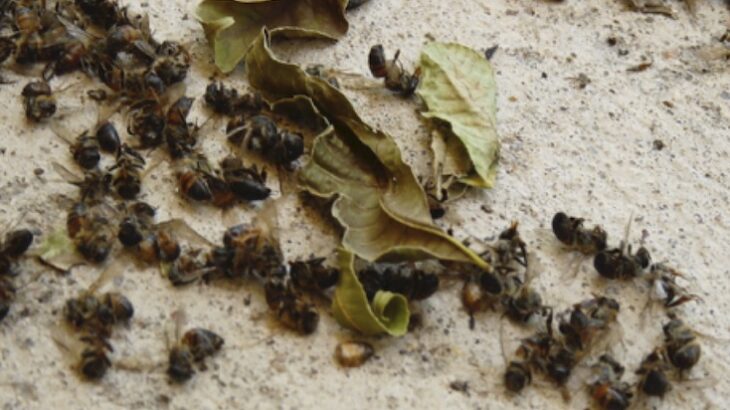
By Cristina Sanza, guest contributor “Should I do more cardio or weights?” “Are dumbbells or machines better?” “How long do I need to exercise to see results?” Questions like these are all too common when you work in fitness. If you look to the media for answers, you’ll find them: a new study compares weights […]







